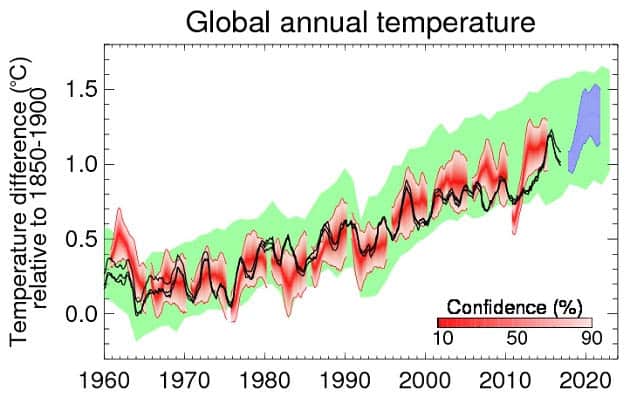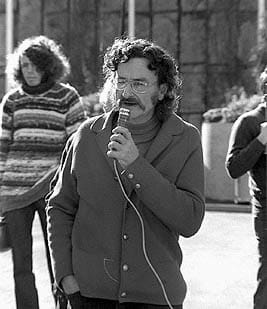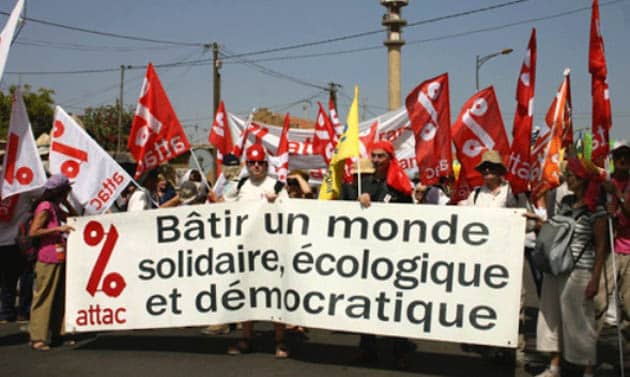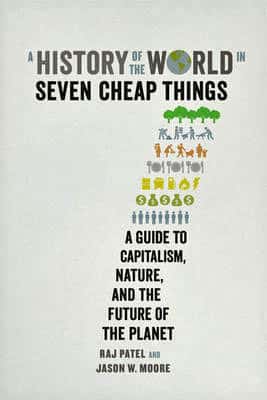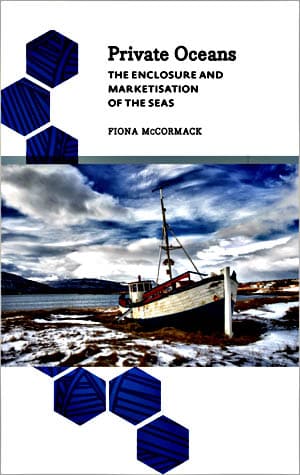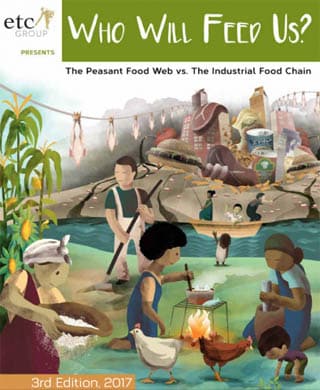UK climate scientists say that warming in at least one year in the next five could blow past the target set in the Paris Accord.
Latest Posts
Why corporate promises to cut carbon can’t be trusted
Relying on markets and corporate responses to the climate crisis will not work, because profits always come first
Alan Roberts, 1925-2017: A pioneer of radical environmentalism
The Marxist author of The Self-managing Environment rejected techno-fixes for environmental crises and exposed the fallacies of populationism
ATTAC: For food sovereignty, against ‘free trade’ agreements
"The so called free trade agreements are new colonial agreements that serve the interests of multinationals, favouring the pillage of lands, indigenous peoples’ communal areas, their water resources, their fish and their food"
Ecosocialist Bookshelf, January 2018
Seven new books on the new terrain of class war, social reproduction theory, limits to NGO radicalism, ideas for change, shrinking the technosphere, technology and inequality, and property formation in colonial North America
Do seven cheap things explain the history of capitalism?
A new book by Raj Patel and Jason W. Moore replaces concrete historical analysis with an artificial schema
Private Oceans: The enclosure and marketisation of the seas
Neoliberal policies boost profits for corporate fishing, encourage overfishing, and squeeze out small fishers whose communities have fished for generations
Paul Burkett on Kohei Saito’s ‘Karl Marx’s Ecosocialism’
The author of Marx and Nature evaluates and introduces an important new book on the deep connections between natural science and political economy in Marx’s work
Who will feed a changing world — industrial agriculture or peasant food webs?
Industrial agriculture uses 75% of farm land but delivers only 30% of the world's food. Peasant farmers feed 70% of the world's people using just 25% of the land
Top ten Climate & Capitalism articles in 2017
The 109 articles we published in Climate & Capitalism in 2017 were read by more people than ever before. These were the most popular ...


